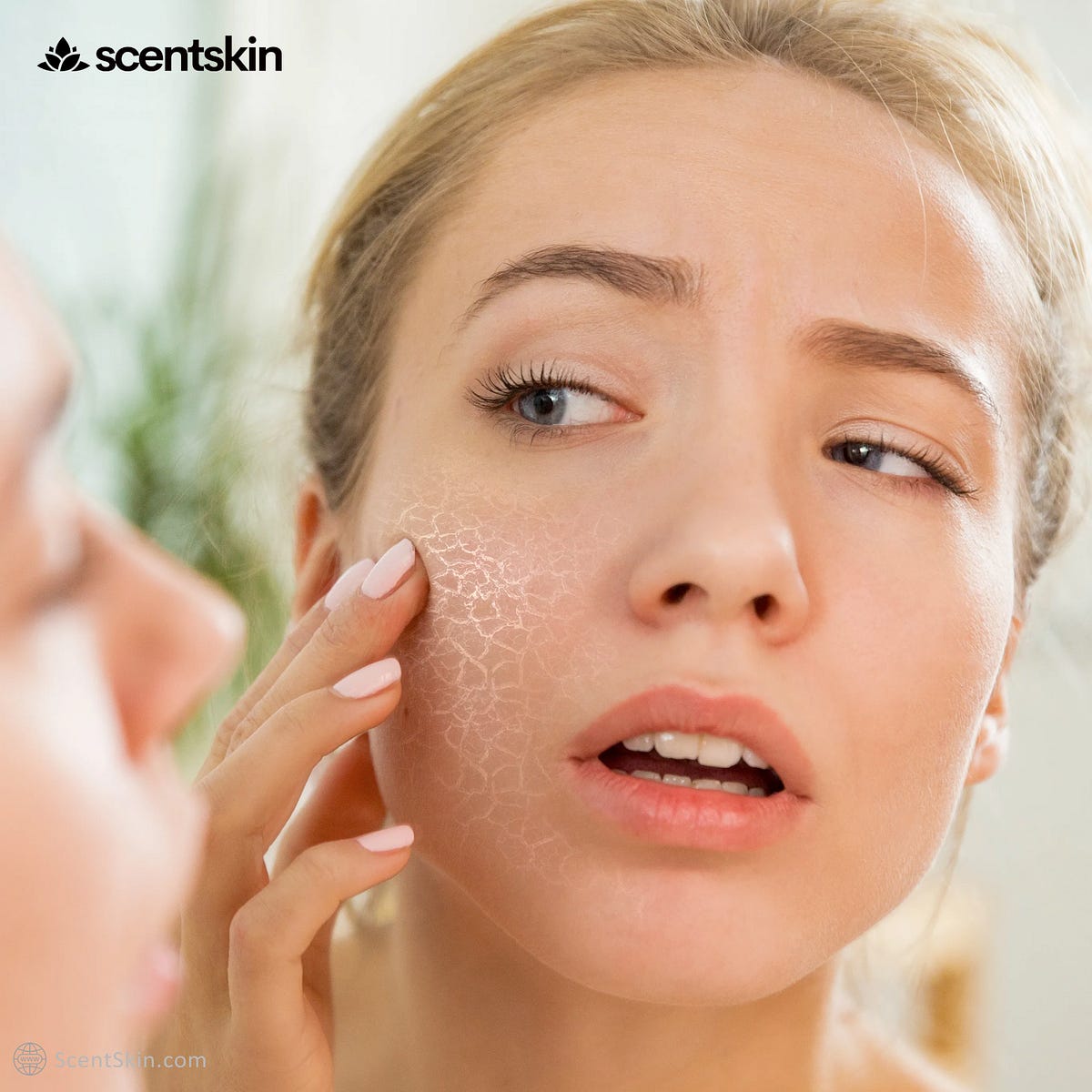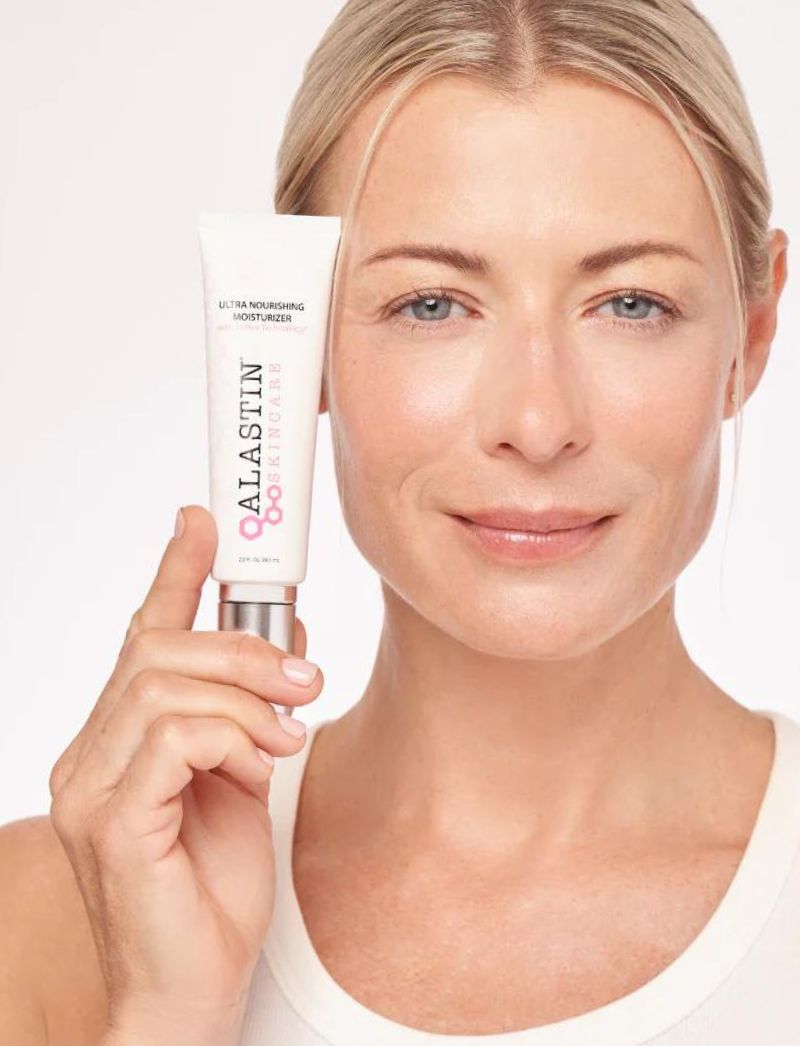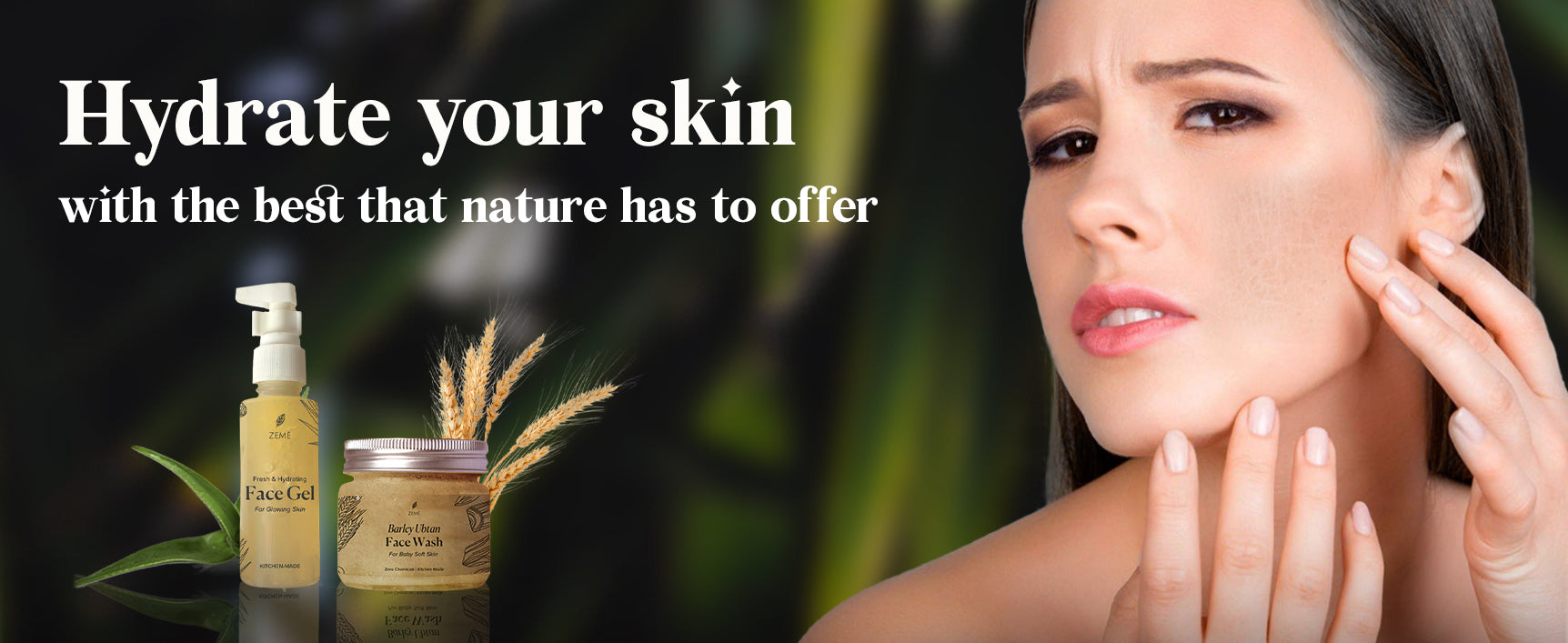Navigating the Landscape of Dry Skin Solutions: A Comprehensive Guide to Products and Practices
Related Articles: Navigating the Landscape of Dry Skin Solutions: A Comprehensive Guide to Products and Practices
Introduction
With enthusiasm, let’s navigate through the intriguing topic related to Navigating the Landscape of Dry Skin Solutions: A Comprehensive Guide to Products and Practices. Let’s weave interesting information and offer fresh perspectives to the readers.
Table of Content
Navigating the Landscape of Dry Skin Solutions: A Comprehensive Guide to Products and Practices

Dry skin, a common skin condition characterized by a lack of moisture and oil, can lead to discomfort, irritation, and even visible signs of aging. While the causes of dry skin are multifaceted, ranging from genetics and environmental factors to underlying medical conditions, effective management often relies on a combination of lifestyle changes and the use of appropriate skincare products.
This comprehensive guide provides an in-depth analysis of the best products for dry skin, addressing its specific needs and offering insights into their mechanisms of action. We delve into the importance of hydration, the role of essential ingredients, and the various product categories that contribute to restoring and maintaining healthy, supple skin.
Understanding the Dynamics of Dry Skin
Dry skin arises from a deficiency in the skin’s natural moisturizing factors (NMFs), which are essential for retaining moisture and maintaining a healthy barrier function. These NMFs include hyaluronic acid, amino acids, and ceramides, all of which play crucial roles in hydrating the skin and protecting it from external aggressors.
Several factors can contribute to dry skin, including:
- Genetics: Some individuals are predisposed to dry skin due to inherited skin types.
- Environmental Factors: Cold, dry weather, low humidity, and exposure to harsh chemicals can strip the skin of its natural oils.
- Age: As we age, our skin’s ability to produce oil and retain moisture naturally declines.
- Medical Conditions: Certain medical conditions, such as eczema, psoriasis, and thyroid disorders, can lead to dry skin.
- Medications: Some medications, including diuretics and certain types of chemotherapy drugs, can cause dry skin as a side effect.
The Importance of Hydration
Hydration is paramount for dry skin. It replenishes the skin’s moisture levels, improving its elasticity, reducing flakiness, and promoting a healthy, radiant appearance.
Key Ingredients for Dry Skin
Several key ingredients play a pivotal role in combating dryness and restoring the skin’s natural barrier function.
- Hyaluronic Acid: This humectant attracts and retains moisture, effectively plumping the skin and reducing the appearance of fine lines.
- Ceramides: These lipids are essential components of the skin’s barrier function, helping to seal in moisture and prevent water loss.
- Glycerin: A humectant that attracts and retains moisture, glycerin also helps to soften and smooth the skin.
- Shea Butter: A natural emollient rich in fatty acids, shea butter nourishes and moisturizes the skin, reducing dryness and irritation.
- Coconut Oil: This oil is a natural moisturizer that can help to soothe dry, irritated skin.
- Oatmeal: A natural anti-inflammatory and soothing agent, oatmeal can help to calm dry, itchy skin.
- Aloe Vera: This plant extract is known for its hydrating and soothing properties, making it beneficial for dry, irritated skin.
Product Categories for Dry Skin
- Moisturizers: Moisturizers are essential for replenishing the skin’s moisture levels. Look for products containing humectants, emollients, and occlusives to effectively hydrate and protect the skin.
- Facial Oils: Facial oils can provide deep hydration and nourish the skin, leaving it feeling soft and supple. Opt for oils rich in antioxidants and fatty acids, such as argan oil, rosehip oil, or jojoba oil.
- Face Masks: Face masks can provide an intense dose of hydration and nourishment, helping to improve the skin’s texture and appearance. Look for masks containing ingredients like hyaluronic acid, honey, or avocado.
- Serums: Serums can target specific skin concerns, such as dryness, dehydration, or lack of elasticity. Look for serums containing hyaluronic acid, ceramides, or peptides.
- Cleansers: Gentle cleansers are essential for removing impurities without stripping the skin of its natural oils. Opt for creamy or oil-based cleansers that are formulated for dry skin.
- Body Lotions and Creams: Body lotions and creams provide intense hydration and nourishment for the entire body. Look for products containing shea butter, cocoa butter, or jojoba oil.
- Lip Balms: Lip balms protect and hydrate the delicate skin of the lips. Look for balms containing beeswax, shea butter, or cocoa butter.
Tips for Managing Dry Skin
- Hydrate from Within: Drink plenty of water throughout the day to maintain optimal hydration levels.
- Limit Hot Showers and Baths: Hot water can strip the skin of its natural oils, making it drier. Opt for lukewarm showers and baths.
- Exfoliate Gently: Regular exfoliation removes dead skin cells, allowing moisturizers to penetrate more effectively. However, use a gentle scrub formulated for dry skin and avoid excessive exfoliation.
- Protect from the Elements: Wear protective clothing and sunscreen when exposed to harsh weather conditions or prolonged sun exposure.
- Use a Humidifier: During dry seasons or in low-humidity environments, a humidifier can help to add moisture to the air, preventing the skin from drying out.
FAQs on Best Products for Dry Skin
Q: What are the best moisturizers for dry skin?
A: Look for moisturizers containing humectants like hyaluronic acid and glycerin, emollients like shea butter and coconut oil, and occlusives like ceramides and petrolatum. Some highly recommended moisturizers include:
- CeraVe Moisturizing Cream: This fragrance-free, non-comedogenic cream contains ceramides, hyaluronic acid, and three essential fatty acids to hydrate and protect the skin.
- La Roche-Posay Toleriane Double Repair Face Moisturizer: This fragrance-free, non-comedogenic moisturizer contains ceramides and ceramide-3 to strengthen the skin barrier and prevent moisture loss.
- Vanicream Moisturizing Skin Cream: This fragrance-free, non-comedogenic cream contains ceramides and hyaluronic acid to hydrate and protect the skin.
Q: What are the best facial oils for dry skin?
A: Opt for oils rich in antioxidants and fatty acids, such as argan oil, rosehip oil, or jojoba oil. Some highly recommended facial oils include:
- Argan Oil: This oil is rich in vitamin E and fatty acids, making it an excellent moisturizer for dry skin.
- Rosehip Oil: This oil is rich in vitamin A and fatty acids, helping to reduce the appearance of fine lines and wrinkles.
- Jojoba Oil: This oil closely mimics the skin’s natural sebum, making it a great option for those with dry, sensitive skin.
Q: What are the best face masks for dry skin?
A: Look for masks containing ingredients like hyaluronic acid, honey, or avocado. Some highly recommended face masks include:
- Laneige Water Sleeping Mask: This overnight mask contains hyaluronic acid and other hydrating ingredients to replenish moisture and leave the skin feeling soft and supple.
- Fresh Rose Face Mask: This mask contains rosewater and other hydrating ingredients to soothe and nourish the skin.
- Origins Drink Up Intensive Overnight Mask: This overnight mask contains hyaluronic acid and avocado to hydrate and plump the skin.
Q: What are the best cleansers for dry skin?
A: Opt for creamy or oil-based cleansers that are formulated for dry skin. Some highly recommended cleansers include:
- CeraVe Hydrating Cleanser: This gentle cleanser contains ceramides and hyaluronic acid to hydrate and protect the skin.
- La Roche-Posay Toleriane Hydrating Gentle Cleanser: This fragrance-free, non-comedogenic cleanser is suitable for even the most sensitive skin.
- Vanicream Gentle Facial Cleanser: This fragrance-free, non-comedogenic cleanser is ideal for those with dry, sensitive skin.
Q: How often should I moisturize my skin?
A: Moisturize your skin twice a day, once in the morning and once at night. If your skin feels particularly dry, you can apply moisturizer more frequently.
Conclusion
Managing dry skin requires a multi-faceted approach that includes lifestyle changes and the use of appropriate skincare products. By understanding the underlying causes of dry skin, prioritizing hydration, and incorporating key ingredients into your skincare routine, you can effectively restore and maintain the health and vitality of your skin. Remember to consult a dermatologist if you experience persistent dryness, irritation, or other skin concerns.








Closure
Thus, we hope this article has provided valuable insights into Navigating the Landscape of Dry Skin Solutions: A Comprehensive Guide to Products and Practices. We thank you for taking the time to read this article. See you in our next article!